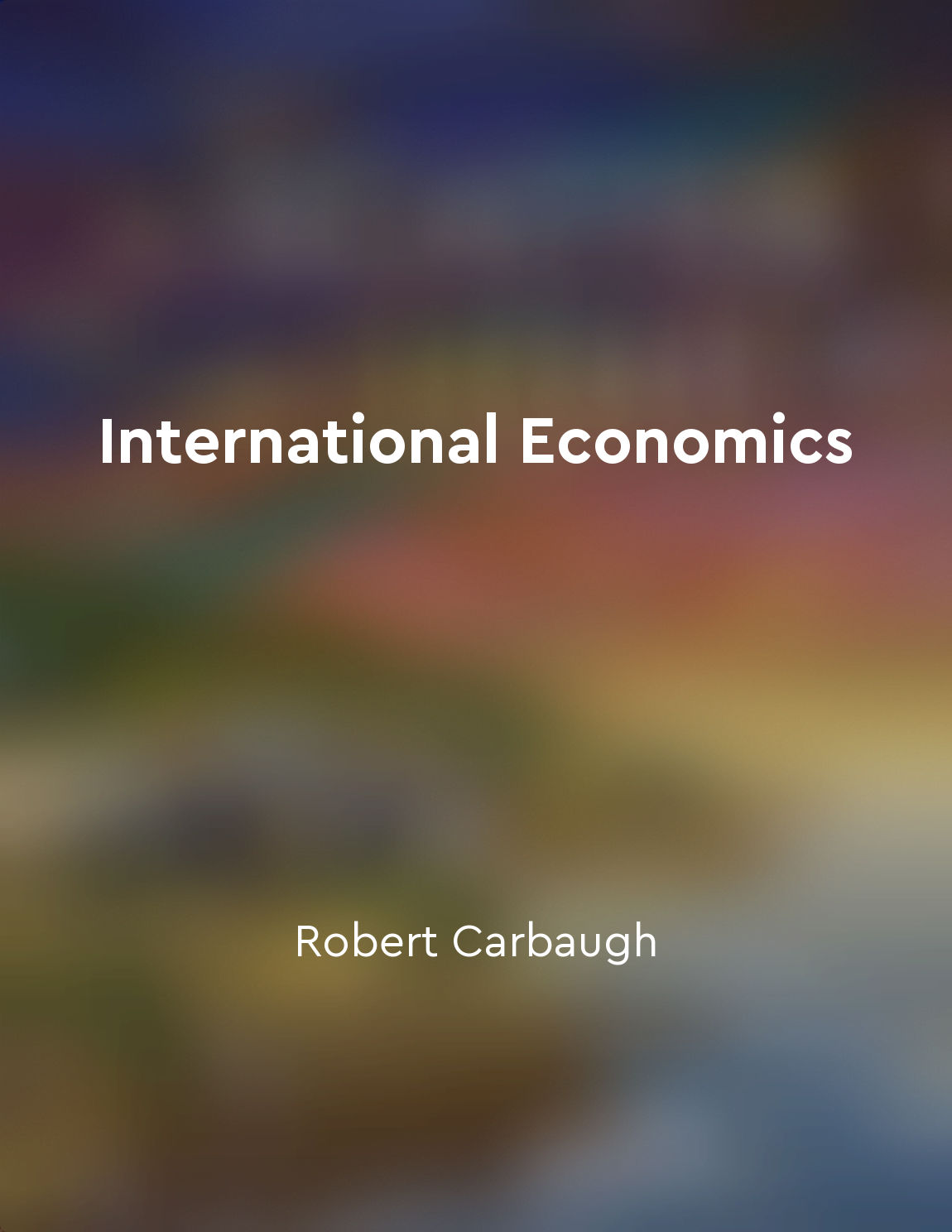South Asia's strategic location has made it a key player in international politics from "summary" of South Asia in World History by Marc Jason Gilbert
South Asia's geographical position at the crossroads of major trade routes has long been a source of influence in international politics. The region's strategic location has made it a crucial player in the global arena, as it serves as a bridge between the East and the West. This has allowed South Asia to connect with various civilizations and cultures, shaping its identity and role in world history. The Indian subcontinent, in particular, has been a focal point for trade and cultural exchange due to its proximity to the Indian Ocean. This maritime location has facilitated interactions with Africa, the Middle East, and Southeast Asia, establishing South Asia as a hub of economic and cultural activity. As a result, the region has attracted the attention of major powers seeking to control trade routes and access valuable resources. Throughout history, South Asia's strategic location has attracted the interest of various empires and nations, leading to conflicts and power struggles in the region. The British Empire, for example, sought to establish control over India to secure its trade routes and access to resources. Similarly, the Mughal Empire expanded its influence in South Asia to capitalize on its position as a gateway to other regions. In the modern era, South Asia's strategic location continues to shape its role in international politics. The region's proximity to key maritime trade routes and its growing economic importance have made it a target for geopolitical competition. Major powers such as China and the United States are vying for influence in South Asia, seeing it as a crucial foothold in their global strategies.- South Asia's strategic location has been instrumental in shaping its role as a key player in international politics. The region's historical connections with other civilizations, its position as a crossroads of trade routes, and its economic significance have all contributed to its influence on the world stage. As South Asia continues to navigate its complex geopolitical position, its strategic location will remain a defining factor in its relationships with other nations.
Similar Posts

Economic indicators guide policy decisions
Economic indicators provide important information about the state of an economy and help policymakers make informed decisions. ...
India's diverse cultural heritage is a source of national pride
India's diverse cultural heritage is deeply rooted in its history and traditions, reflecting the complex tapestry of various ci...
Legacy of diplomacy
The legacy of diplomacy is a complex tapestry woven through the corridors of power, shaped by the hands of history and guided b...
Indian Constitution is the cornerstone of our democracy
The Indian Constitution is considered the cornerstone of our democracy because it lays down the fundamental principles and guid...
The partition of Kashmir continues to be a source of conflict between India and Pakistan
The partition of Kashmir has remained a contentious issue between India and Pakistan since the two countries gained independenc...
The Indian Ocean has served as a vital trade route connecting South Asia to other regions
The Indian Ocean has played a crucial role in connecting South Asia to other regions through trade routes. This maritime connec...

Prague Spring, Hungarian Revolution, Solidarity Movement
The events of 1968 - the Prague Spring in Czechoslovakia, the Hungarian Revolution in 1956, and the Solidarity Movement in Pola...
Legacy of exploitation
The legacy of exploitation left behind by the East India Company was deep and enduring. The company's relentless pursuit of pro...
South Asia's strategic location has made it a key player in international politics
South Asia's geographical position at the crossroads of major trade routes has long been a source of influence in international...

